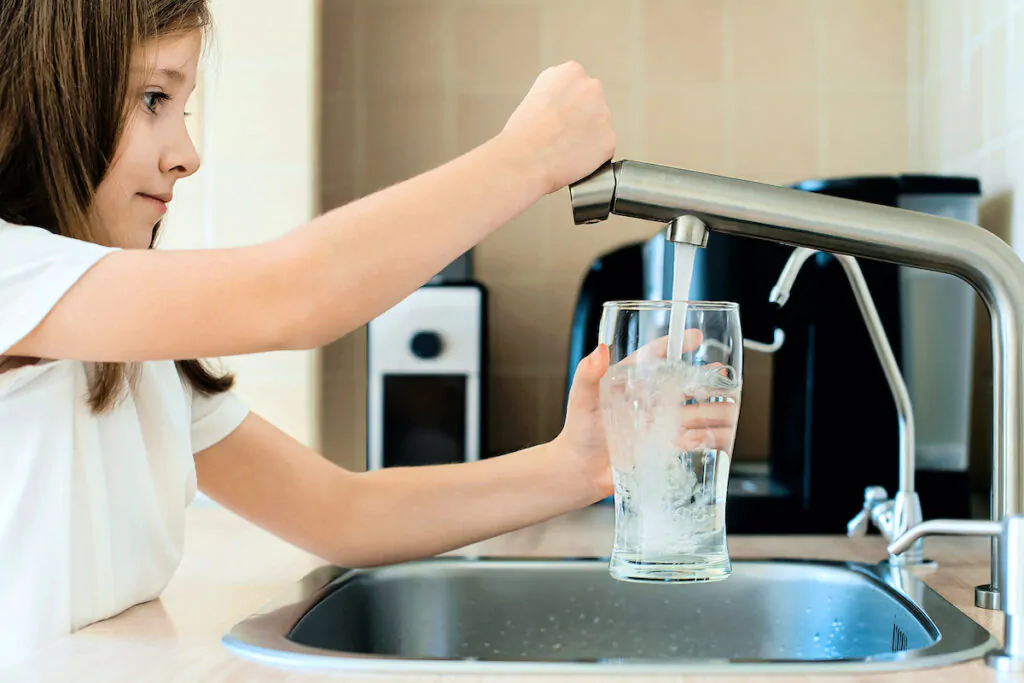Whether you’re a city dweller or a country dweller, you need clean, filtered water in your home. While many families use water filter jugs to provide clean water for the household, you might find it difficult to keep jugs full for your family. In addition to being expensive, jugs are not very convenient and can easily be left empty. For a healthy solution, look into a water cooler. These devices can provide hot or cold water, depending on the needs of your family.
You can purchase distilled water or make it at home. Using distilled water for your home doesn’t have to cost a fortune. But it lacks minerals and tastes terrible, so it’s not the best choice for everyday use. But it’s worth a try if you’re stuck at home and need distilled water. All you need are two pots and a stove. Make it as clean as possible, and it’ll last you a lifetime.
Whether your water comes from a city tap or a well, you’ll need to know what contaminants it contains. In the U.S., this document is called a CCR, while in some Canadian cities it is called a consumer confidence report. You might also need to have independent testing performed on private wells. Knowing which contaminants are present in your water will help you choose the right treatment solution. A well can be contaminated with a variety of contaminants, including metals, pesticides, and even bacteria.
A great way to ensure the quality of your water is safe is to bottling it yourself. Stainless steel water bottles are portable, easy to find, and can be reusable. You can buy these bottles in department stores or online. Bottled water bottles are also more convenient and durable than other solutions. Some consumers are concerned about the quality of tap water, so they opt for bottled water. And it’s a good idea to invest in reusable bottled water bottles.
When it comes to water filtration, you should be cautious of the manufacturer’s claims. The majority of the water filtered by a company will be free from chemicals. In addition to chlorine, fluoride, and other contaminants are present in the water, though small amounts are harmless. But the water filter can reduce or eliminate these substances. Unless you’re a health nut, filtered water might not be the best option for you.
The water from your tap is safe to drink, but it’s not safe for at-home medical applications. You should never use tap water to rinse your nose, fill your contact lenses, or fill respiratory devices. In fact, a recent survey found that two-thirds of people said they didn’t think tap water was safe enough for such purposes. But according to the results of a survey of 1,004 people, there’s no difference between bottled and tap water.


